Hiking Snacks for Kids
- April 22, 2024
- Last Updated: May 2, 2024
- 0 Comments
- Toddler Food Ideas
If you’re an active family or plan on spending some time outside in the coming months, these hiking snacks for kids will provide easy, nutritious and convenient ideas to nourish and energize your little ones.
This post is written in partnership with adidas. All thoughts and opinions are my own.
When it comes to snacks, we’re not newbies – we have tons of experience in recommending snacks.
As a mom and Registered Dietitian, I think I have a unique approach and knowledge of fueling young kids, especially active kids.
On Bucket List Tummy, we really have snacks throughout the lifecycle – from healthy postpartum snacks to breastfeeding night snacks to road trip snacks for kids, we’ve tried so many options out there.
And with three young ones (ages 6 and under) and two former-athlete parents who love the outdoors, on-the-go snacks are a must.

Especially for active summer months. When we’re not home relying on these summer lunches for kids, we’re out and about needing snacks.
We’ve tried a lot – some have been gifted samples to me as a dietitian, and others I’ve just tried because we’ve been curious.
You’re sure to find what you need with many of our hiking snack ideas and recommendations for kid- friendly hiking snacks.
When Do You Need Hiking Snacks?
As a sports dietitian, I’ll tell you that this guideline is variable. The science says that most athletes/endurance athletes need fuel after 60 minutes of exercise.
However, if you’re not a trained athlete, if you didn’t eat sufficiently beforehand, if you’re breastfeeding a baby or toddler, etc., things may look different for you and that’s okay.
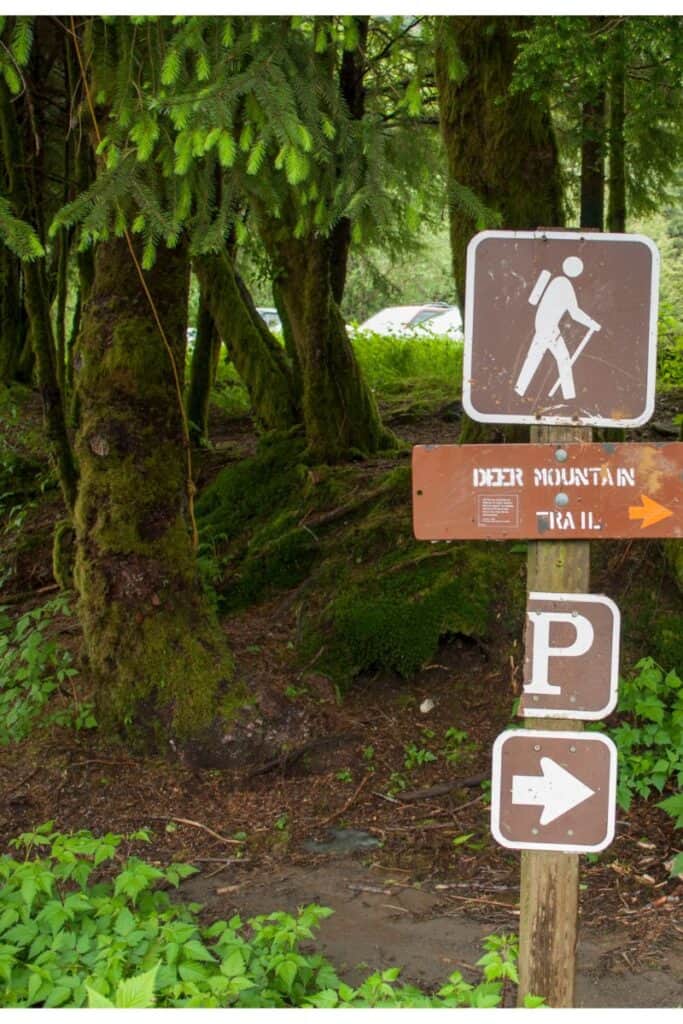
The best advice I can give when serving kids hiking snacks is to always have a variety of hiking snacks on hand (and a good hiking pack to hold them!).
The first time we took my now-6 year old hiking (she was 4 months old), she wasn’t eating solids yet.
So, most of the snacks were for us. However, I did have to stop and breastfeed her several times, which only made me hungrier.
I was so thankful for our smart snack packing strategy!
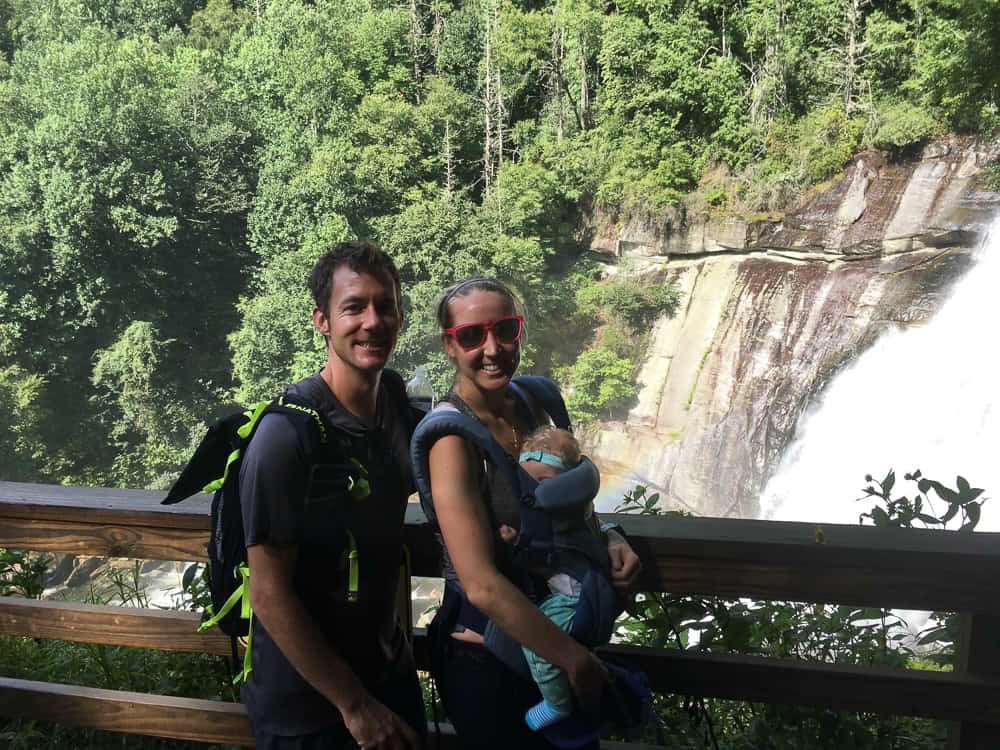
We had a great time though. Hiking is so good for exposing young ones to the outdoors and enjoying time outside. Plus, it’s a physical workout and can be a family bonding experience!
When writing my what to do in Deep Creek guide, hiking was one of the top recommendations, as well as having some good hiking or trail running shoes.
As my daughter grew into a toddler, I had to figure out what were the best snacks to bring hiking to keep her happy and energized, and also substantial ones for us as parents.
Plus, kids have smaller bellies so they DO need to eat more often.
These 50+ ideas are some of the best snacks to bring hiking for their taste, convenience, versatility and nutrition.
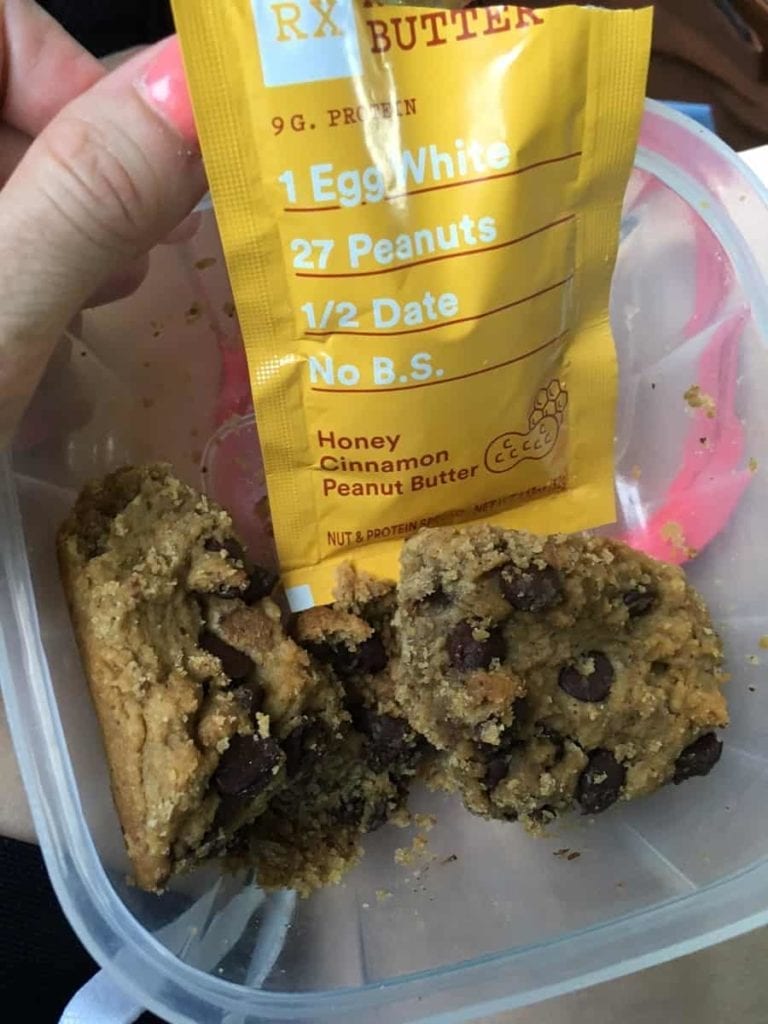
Tips for Packing Hiking Snacks for Kids
These are some of our best tips for packing hiking snacks for toddlers and kids of all ages.
- Buy new snacks – New snacks that they haven’t had before or had in a while are always exciting! This may be a new product by a brand you like, or even a new flavor of bars, pouches, etc.
- Opt for shelf-stable options – I love bars, fruit, fruit snacks, pouches, nuts, seeds, etc.
- Avoid things that are too heavy – Just remember the snacks will be additional weight you’ll need to be carrying, so try to choose lighter options if available, or just make sure you spread out the weight among hikers!
- Make sure to add protein options for longer hikes – Things like jerky, smoothie pouches, etc., can be helpful for keeping kids fuller for longer.
- Offer variety through a snack spinner – Getting a quality snack spinner can help, especially for picky eaters.
- Bring plenty of water: Hydration is crucial during hikes, especially for children in small bodies who may not regulate their temperatures as efficiently. Make sure you have an adequate supply of water for everyone. Consider using hydration packs or water bottles with built-in filters for convenience.
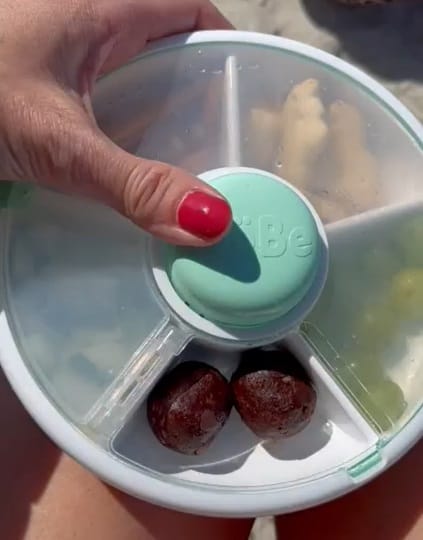
Here’s a breakdown of what to think about in terms of nutrition for toddler hiking snacks.
- Carbohydrates – Carbohydrates are the main and quickest form of energy to support muscle contraction and activity. Having these before and during hikes is helpful to maintain blood sugar, prevent low energy spikes, stave off hunger, and power your body.
- Protein – Protein will come in handy for longer hikes to help power the muscles and also help with mental focus because it can keep kids from constantly feeling hungry. For kids, I love smoothie pouches, beef sticks, protein crackers, pb&j’s, yogurt pouches or drinks, or chocolate milk.
- Hydration – Staying hydrated before, during and after hiking is very important, especially in warm weather. Encourage children to drink during activity to minimize sweat-induced body-water deficits during exercise as long as pre-activity hydration status is good. For children 9 to 12 years old, this may mean 3-5 ounces every 20 minutes. For older athletes, up to 34-50 ounces per hour (9-13 ounces every 15 minutes) is appropriate.
- Easy to digest snacks – You want snacks that are easy for kids to chew and digest when hiking, especially for kids who have sensitive stomachs. Some of my favorite easy-to-digest hiking snacks include things like fig newton bars, fruit snacks, or a pb&j sandwich.
Best Snacks to Bring Hiking
Whether you want store-bought or homemade hiking snacks for kids, we’ve got ideas for both.
Your choices of snacks may also vary depending on the age of your kids. For toddlers and older kids, we do want snacks for lasting energy (usually a protein-carbohydrate combo).
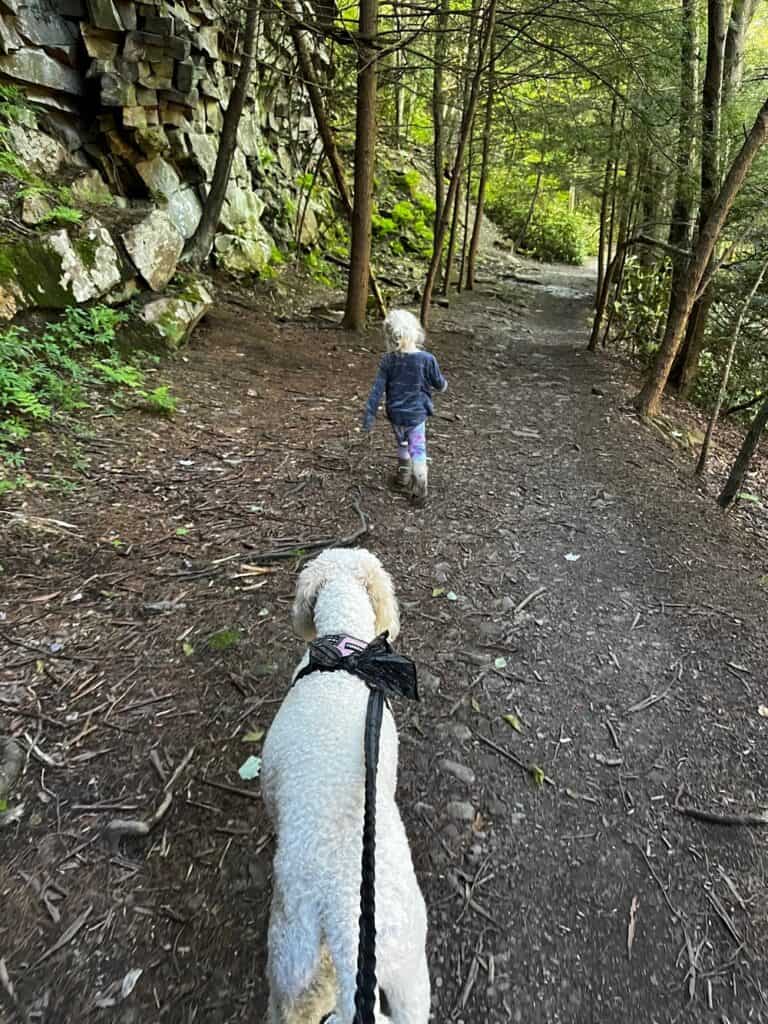
If you have a heavy sweating child, you may want to consider additional liquids, liquid options (like smoothies, chocolate milk, etc.) and electrolytes.
Here are some great snack ideas to bring hiking.
- Oat bites or bars (make these peanut butter pumpkin balls for little ones without sugar)
- Trail mix – This one is fabulous because it can have carbs, protein and healthy fats all in one! And if you enjoy salt, you can make a saltier variety.
- Low sugar cereal – Always a win with us because of a mixture of flavors and textures. Start with the original cereal mix—Chex Mix—and imagine where cereal mixes can venture from there.
- Granola (we make our own or we’ll buy low sugar granola – I love Purely Elizabeth from my Thrive Market Orders)
- Protein balls – We love protein powerball for portable tasty snacks! Use code BLT20 FOR 20% OFF!
- Fruit and veggies (easy and portable!)
- Fruit and veggie pouches
- Protein bars (a great hiking snack for adults) – some of my favorites are Perfect Bars and Kind Bars.
- Clif bars – Clif makes kid friendly protein bars or clif mini’s!
- Nuts – pistachios, peanuts, cashews and almonds are our favorites
- Sunflower seeds
- Hard boiled eggs
- Avocado slices
- Noka smoothie pouches – Subscribe and save is the way to go for these!
- Fava beans – High protein option!
- Harvest Snaps – I love these for the protein!
- Hippeas – Chickpea Puffs
- Rolled up deli meat
- Beef jerky – These mini chomps are great for kids. Jerky is an ideal family road trip snack because it doesn’t require refrigeration!
- Greek yogurt or cottage cheese cups
- Crackers or pretzels with peanut butter – Justin’s packets, or if you want a little extra boost of protein, RXBar packets might be more your thing.
- mini bars, which are about half the size of the original, making them perfect to pair with another snack when you’re craving multiple flavors
- Almond Flour Snack Bars
- Roasted Edamame
- Leftover oatmeal cookies – All kids love cookies, but these have fiber and protein from the oats and any add-in’s you choose!
- Tuna packets – I’ll pair with crackers to get my kids to eat them
- Hummus and carrot sticks
- Peanut butter bites
- Peanut butter puffs –
- Sargento balanced breaks with crackers, fruit and cheese
- Fairlife milk or Horizon milk boxes
- Dried fruit – I love dried mango, freeze-dried strawberries, sour raisins, or dried cherries
- My Serenity Kids Pouches – use code BUCKETLIST for an extra 15% off!
Homemade Hiking Snacks
Here are some of the best snacks to bring hiking if you prefer to make your own, you have picky toddlers, you have food allergies, etc.
- Homemade trail mix bars – We love these and leave them in the freezer, so they are thawed out by the hike.
- Carrot cake bars – These are a bit sweeter so naturally, kids love them.
- Quinoa pizza bites – More of a savory option
- Homemade yogurt pouches – Get some protein in early in the hike when they are still cool enough.
- DIY trail mix – Highly personalizable!
- Toddler Muffins – Make them in bulk, grab them from your freezer stasher bag and go!
- Fruits and veggies with hummus or nut butter – Most fruits and vegetables are actually quite portable and make for healthy toddler finger foods.
- Mini sandwiches – Try a new flavor combo, like almond butter and banana or bacon, egg, and cheese. Cut into fun shapes!
- Hard-boiled eggs – Eggs are high in protein and healthy fats, but they contain almost no carbohydrates so make sure to pair with carbs for that lasting energy!
- Energy bites – If you’re looking for a place to start, try some of my favorites:
- Banana Peanut Butter Brownies
- Chocolate Chip Vegan Pumpkin Blondies
- Maple cinnamon granola
- Protein granola
- Pb2 cookies
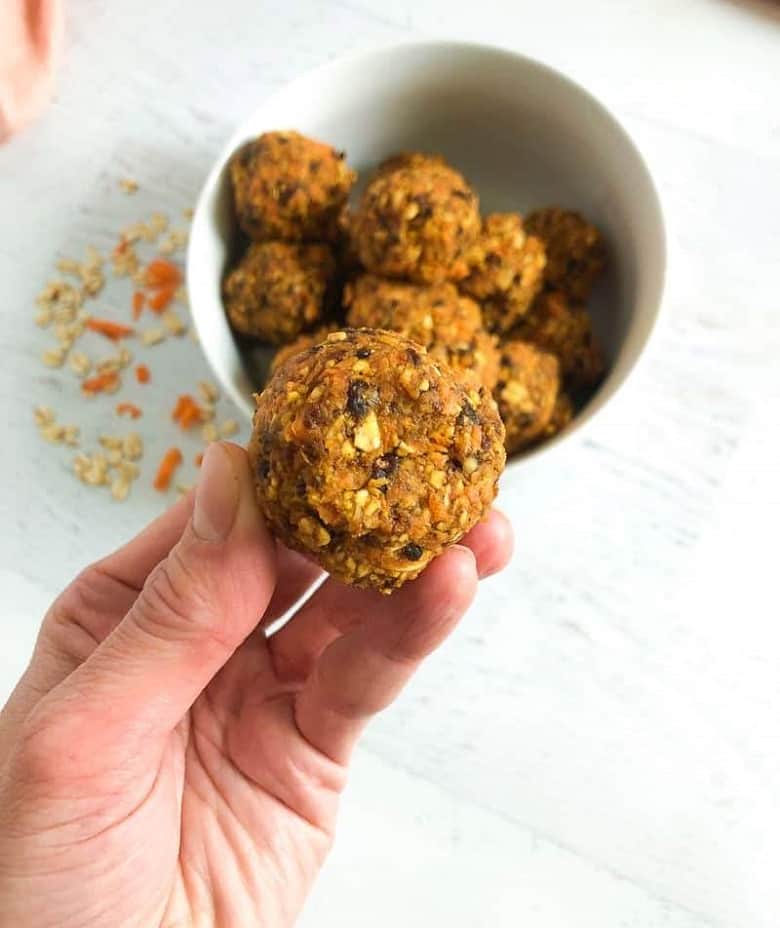
How to Pack Kids Hiking Snacks
Packing kids’ hiking snacks requires some pre-planning to ensure they stay fresh, accessible, and appealing throughout the hike.
Here are some tips for packing hiking snacks.
- Choose the right containers: Use durable, reusable containers that are lightweight and easy for kids to open. For on the go, I love stasher bags (lightweight and reusable) or even ziplock bags.
- Plan for easy snack access: Arrange snacks in a way that makes them easy to reach and eat while on the trail. Place frequently accessed items at the top of the bag or in accessible pockets.
- Consider dietary preferences and make sure to label everything: Is your child gluten-free or vegan? Take into account any dietary restrictions or preferences and pack snacks that cater to their tastes while still providing essential nutrients. If you have more than 1 child, labeling foods can be helpful and even life-saving for allergies.
- Keep it cool: If you’re packing perishable items like cheese, yogurt, or fresh fruit, use insulated lunch bags or cooler packs to keep them cool and safe to eat. Plan on eating these earlier on so you don’t need to worry about food safety issues.
- Portion control: I love packing snacks in individual containers or bags so I can just hand them to kids and avoid stopping for longer periods of time. This is where self-serving bags come in handy!
- Check the weather: If you’re hiking in hot weather, pack snacks that won’t melt or spoil easily. Opt for shelf-stable items like trail mix, dried fruit, or jerky.
- Pack a trash bag – While some trails may have trash cans available on the trail, not all will. You don’t want to leave your food behind for animals. Make sure to pack a trash bag for fruit peels and skin, excess food, and other waste.
We hope these snacks for hiking help keep you fueled.

Support Bucket List Tummy









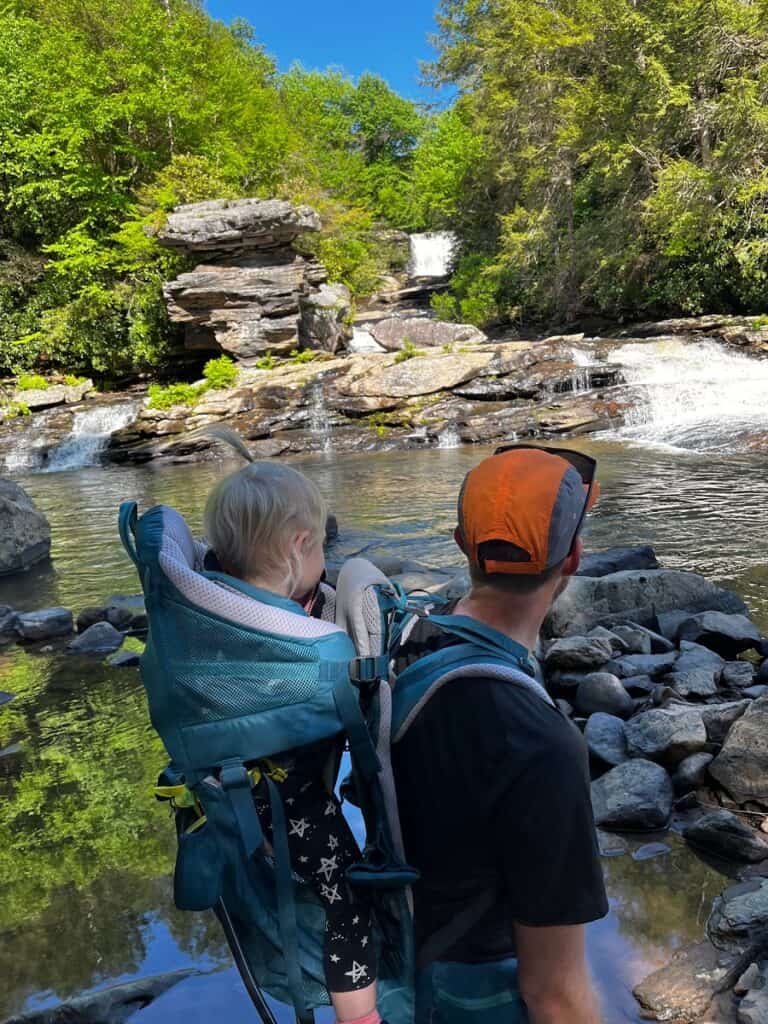


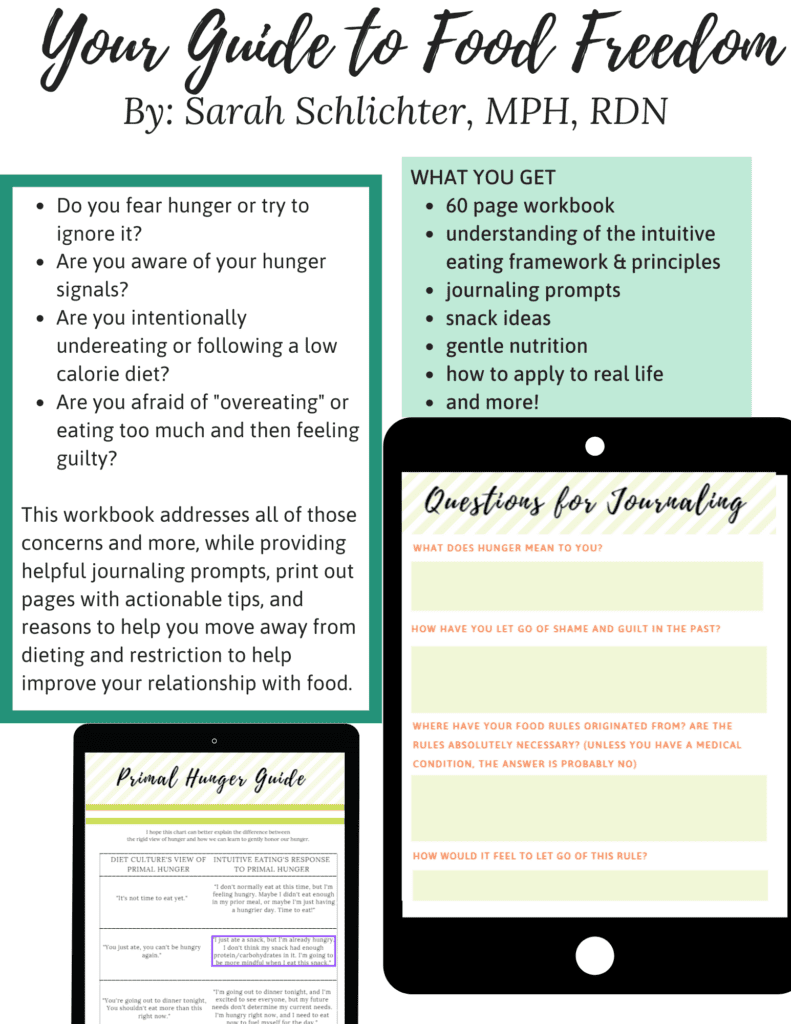

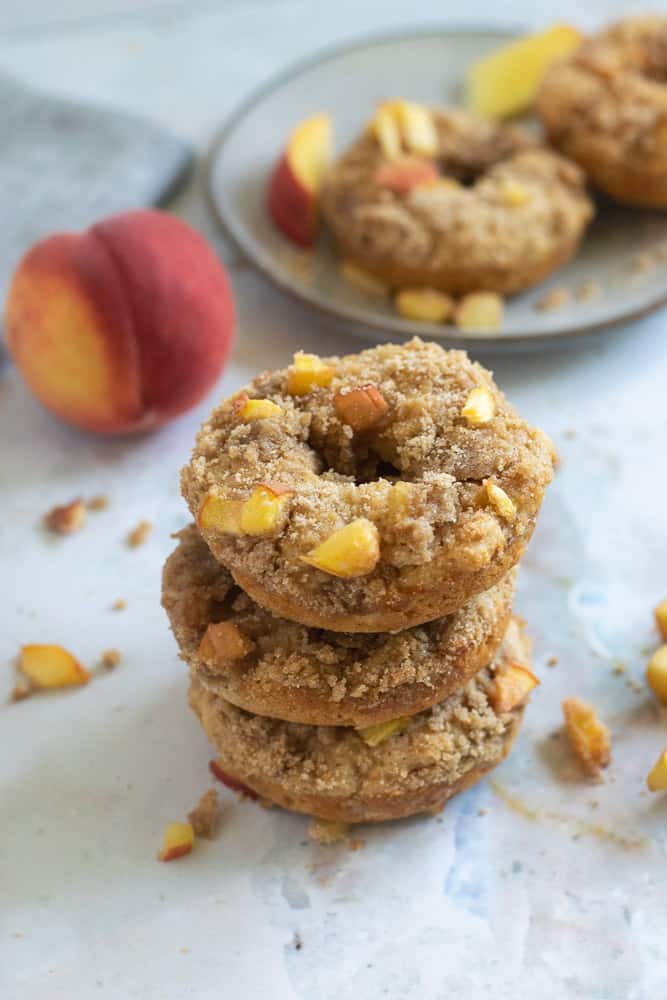

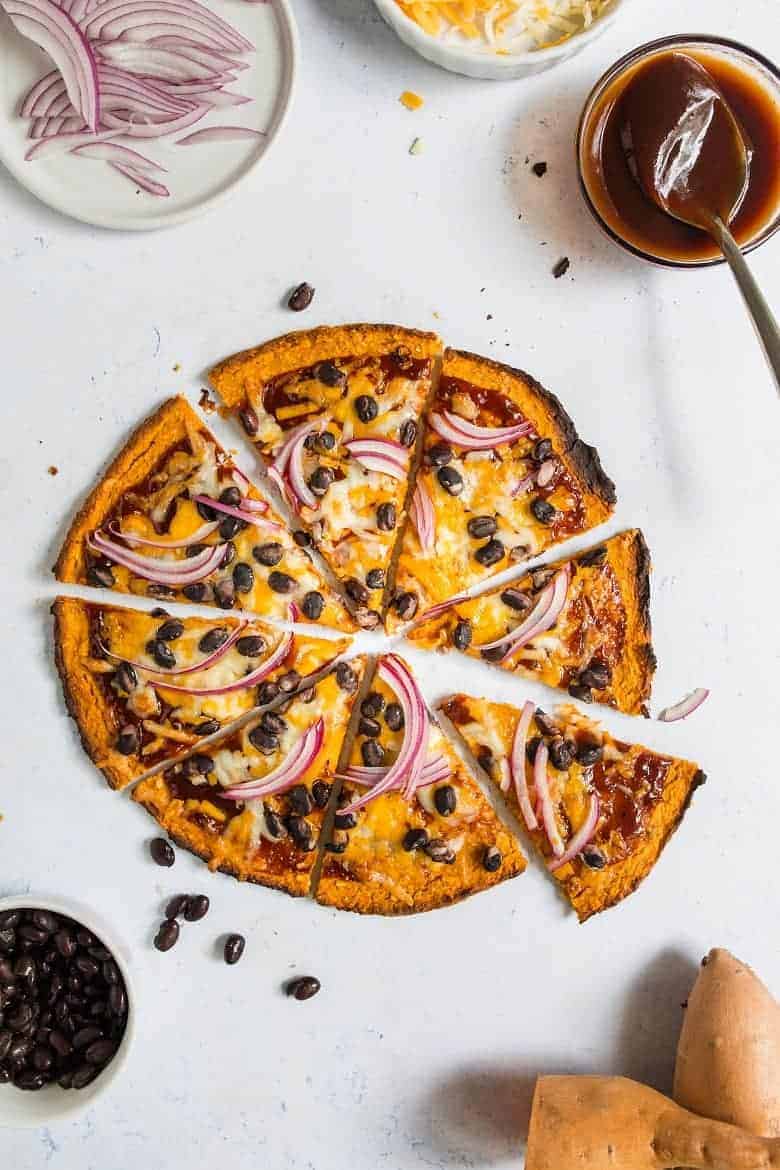
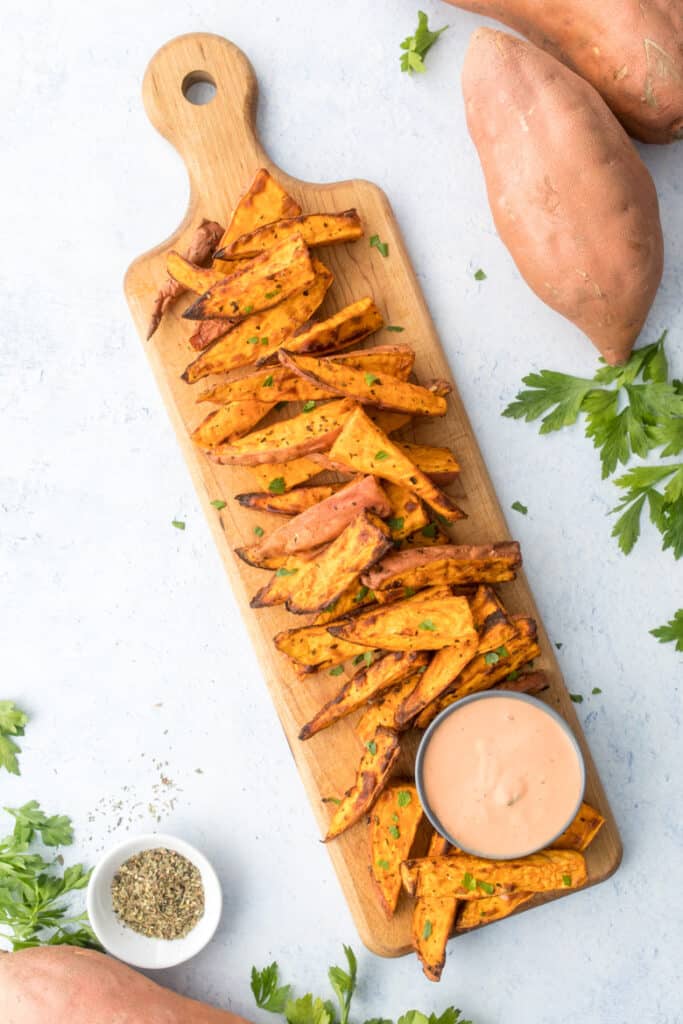
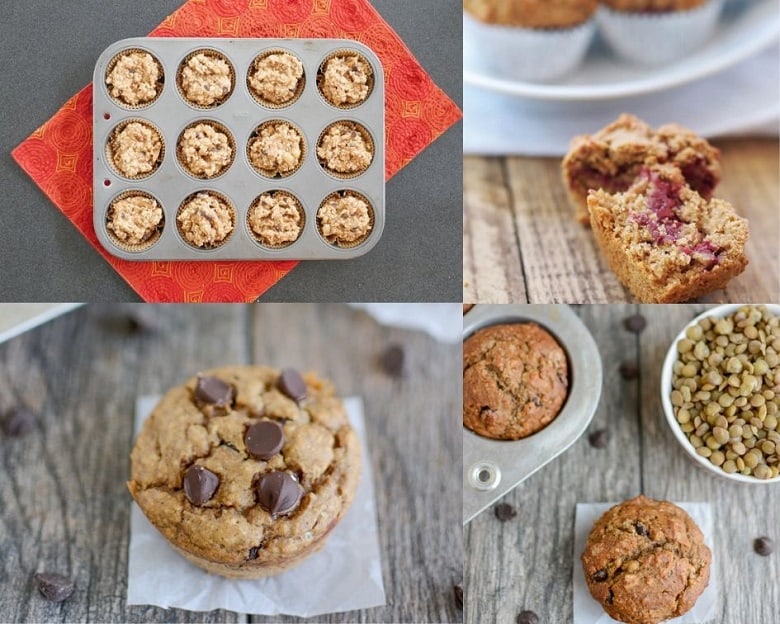
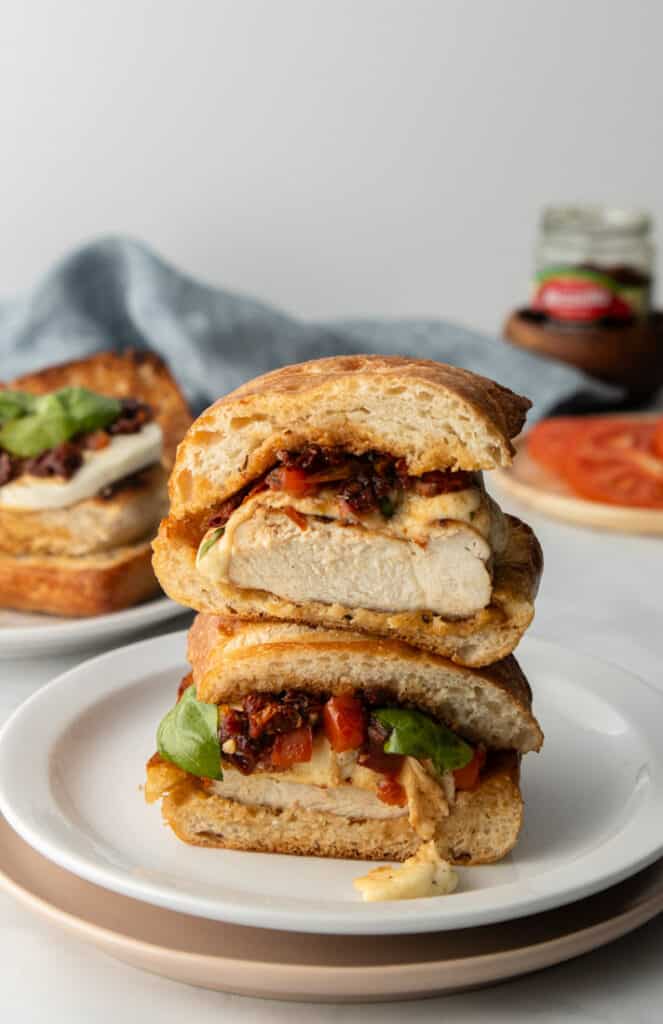
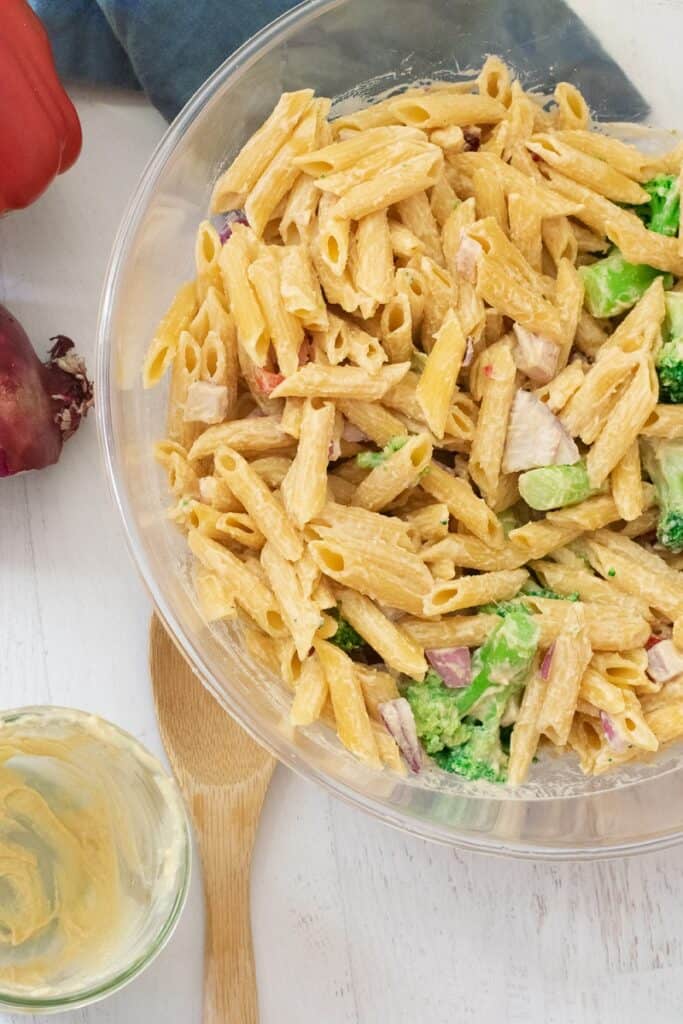
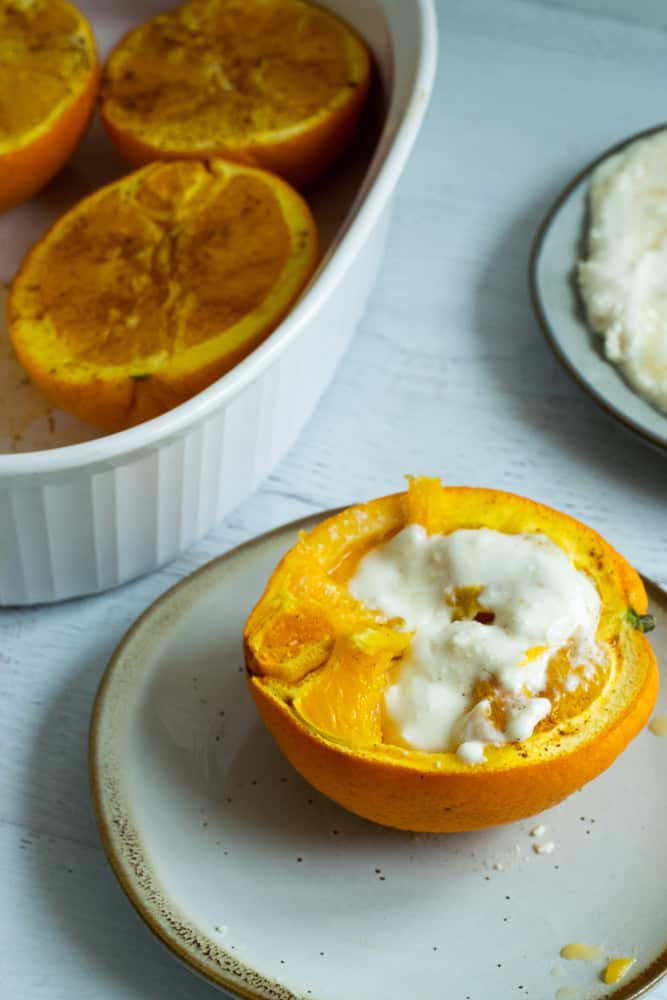
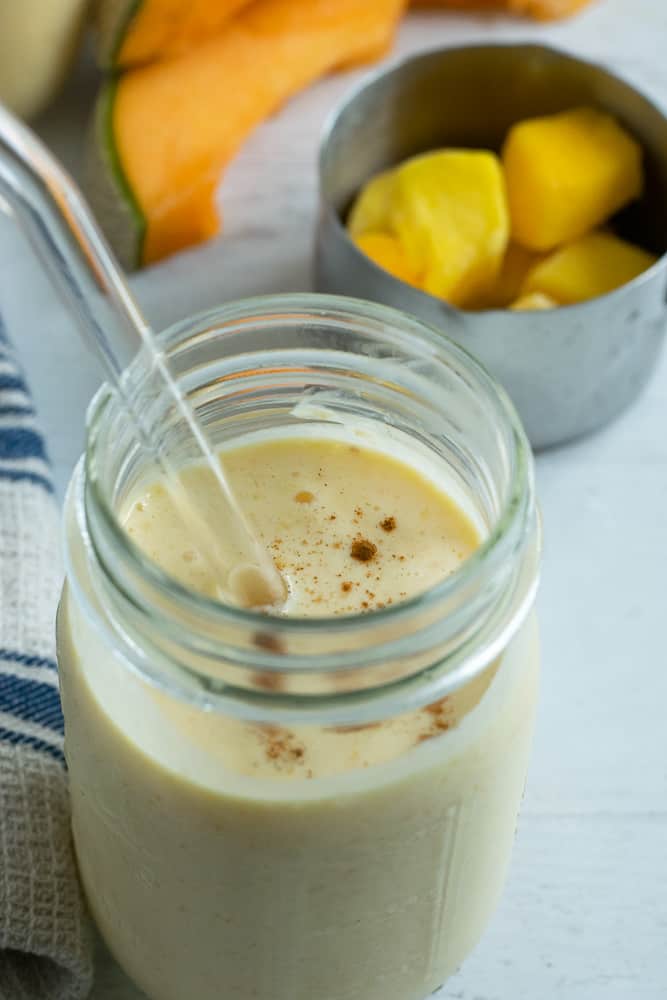
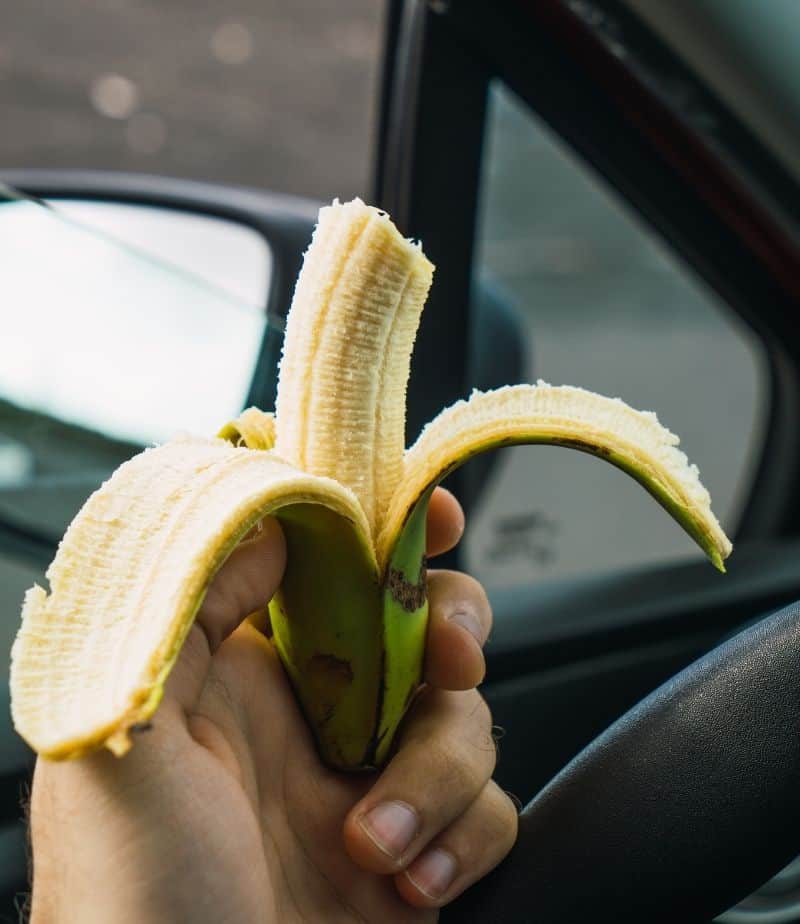
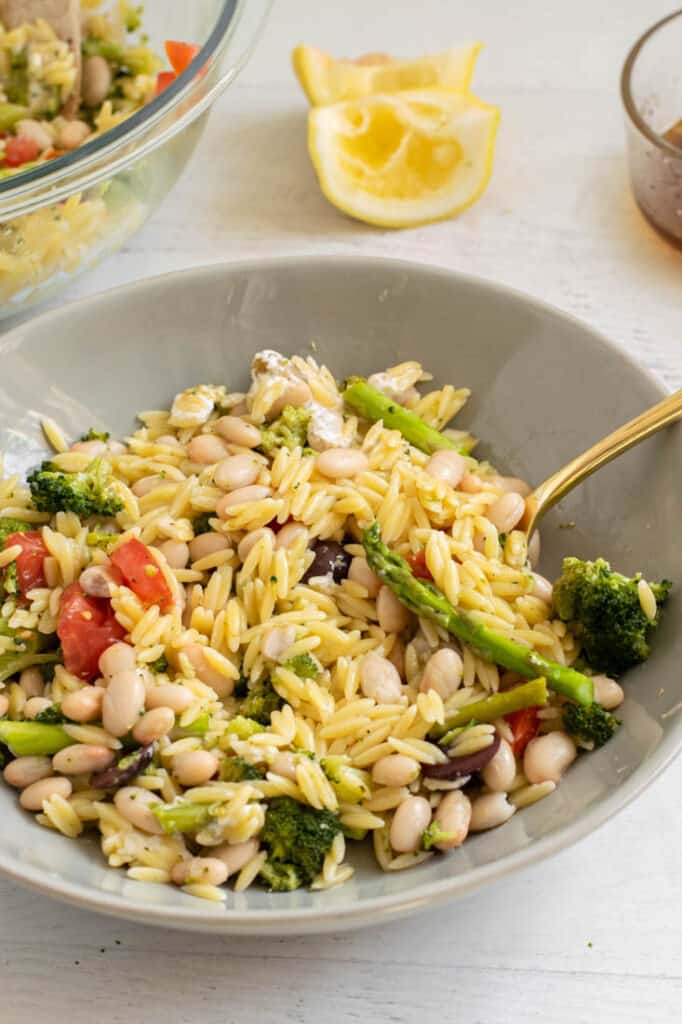
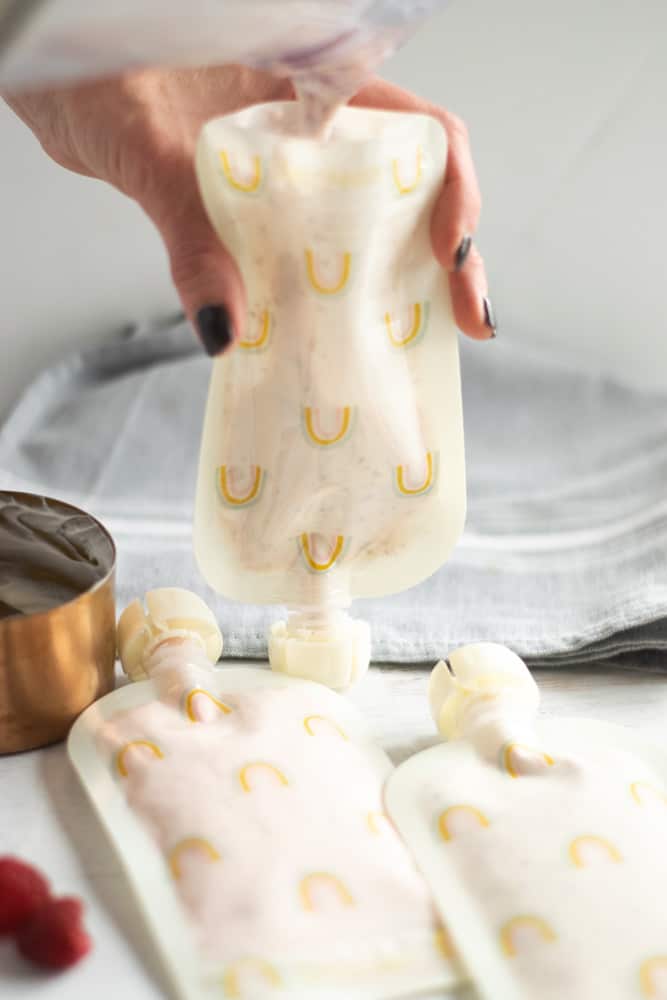
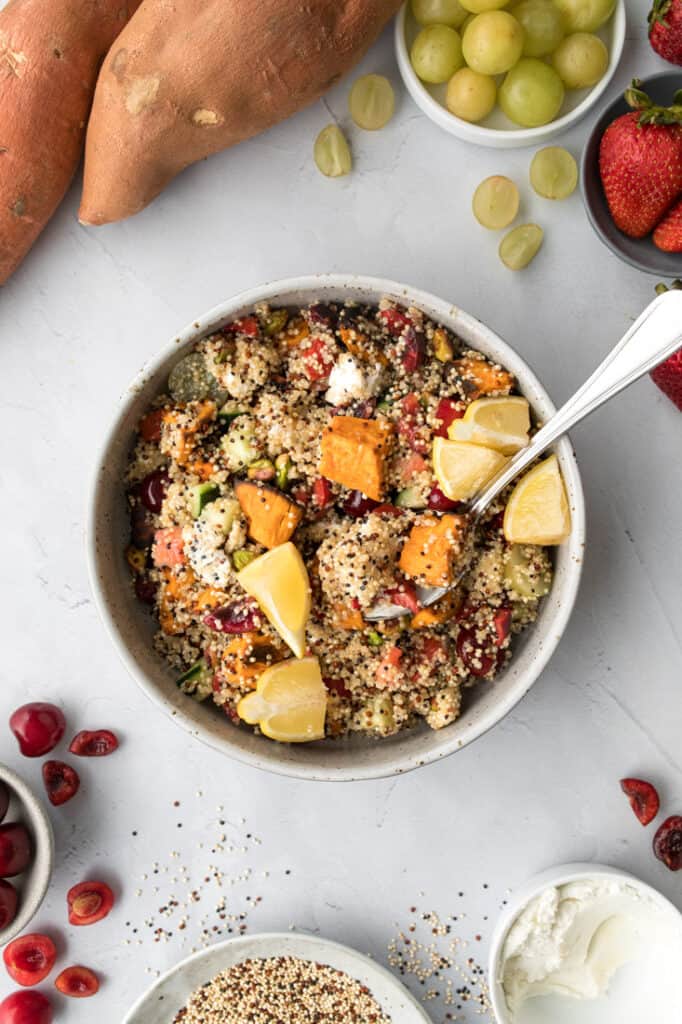

Like This Content?
Support Bucket List Tummy